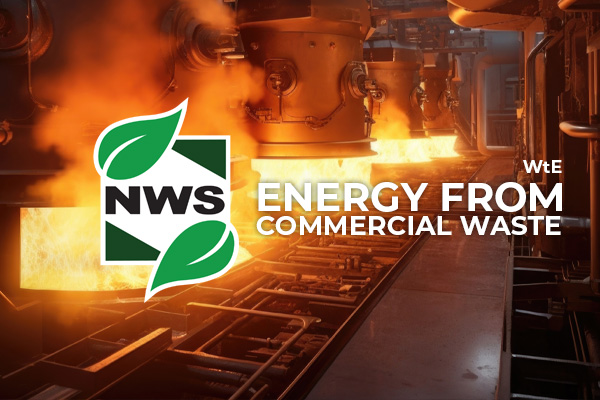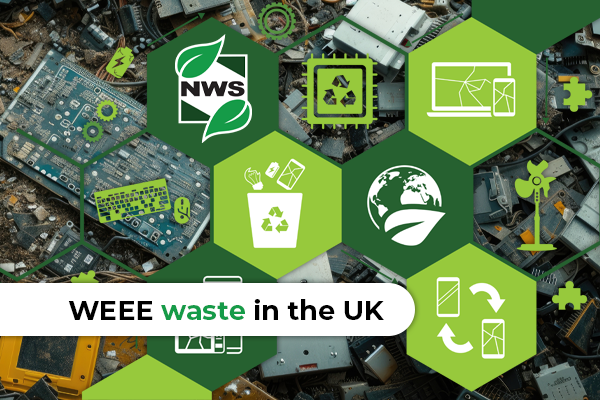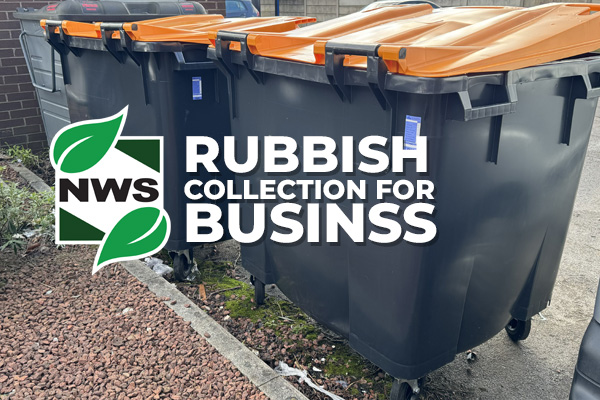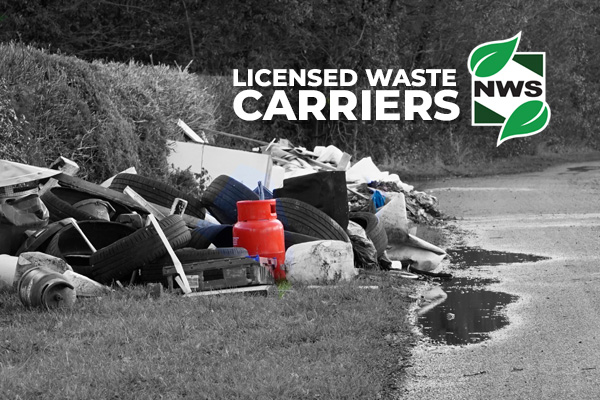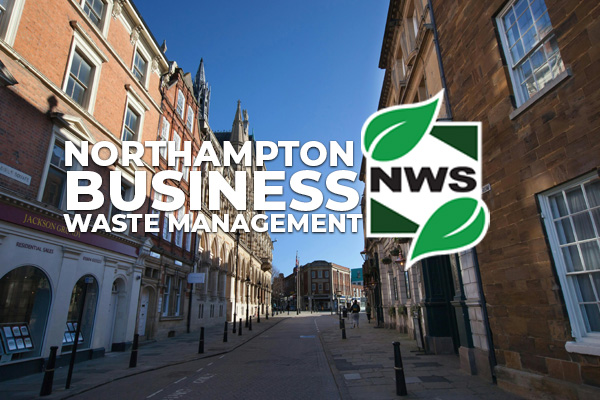The Role of RDF and SRF in the UK Transforming Waste into Energy
In the face of growing environmental concerns and the need for sustainable waste management practices, the United Kingdom has been exploring innovative solutions to minimise landfill use and harness the potential energy stored in general waste. Two notable methods that have gained prominence in this quest are Refuse Derived Fuel (RDF) and Solid Recovered Fuel (SRF). These approaches offer businesses an environmentally friendly alternative to simply disposing of their waste, allowing them to contribute to the generation of heat and power through Energy from Waste (EfW) facilities. This article aims to provide a comprehensive understanding of RDF and SRF, exploring how they are Transforming Waste into Energy and management practices in the UK.
Understanding RDF (Refuse Derived Fuel)
RDF, or Refuse Derived Fuel, is a method of waste treatment that involves processing municipal solid waste (MSW) to extract valuable materials and convert the remaining combustible fraction into a fuel source. The process begins with the collection of mixed waste, including household and commercial waste, which is then transported to a specialised facility for treatment.
At the treatment facility, the waste undergoes a series of mechanical and manual sorting processes to remove recyclable materials such as metals, glass, and plastics. The remaining organic and combustible fraction, consisting of paper, cardboard, textiles, and non-recyclable plastics, is then processed to create RDF.
Transforming Waste into Energy
The RDF is typically in the form of compacted or shredded materials with a high calorific value, making it suitable for use as a fuel in EfW facilities. These facilities utilise the RDF to produce heat and power through processes like incineration or gasification, reducing the reliance on traditional fossil fuels and diverting waste from landfills.

Advantages of RDF
- Energy Generation: RDF serves as an effective alternative fuel in EfW facilities, generating heat and power. This helps meet the increasing demand for sustainable energy sources while simultaneously addressing the challenges of waste disposal.
- Resource Recovery: The sorting processes involved in RDF production enable the recovery of valuable materials, including metals and plastics, contributing to a more circular and resource-efficient economy.
Understanding SRF (Solid Recovered Fuel)
Solid Recovered Fuel (SRF) is another method employed to transform general waste into a usable fuel source for energy generation. Similar to RDF, SRF involves a series of mechanical and manual processes to extract recyclable materials and create a combustible fraction suitable for use in EfW facilities.
The key distinction lies in the composition of the resulting fuel. While RDF typically consists of a mix of materials with a high calorific value, SRF undergoes additional processing to refine the fuel composition further. This results in a more homogeneous and standardised fuel product, optimised for efficient combustion in specialised energy recovery systems.
Processing Steps for SRF
- Waste Collection: The process begins with the collection of mixed waste from various sources, including households and businesses.
- Mechanical Sorting: At the treatment facility, the waste undergoes mechanical sorting processes to separate recyclable materials such as metals, glass, and plastics.
- Refinement of Combustible Fraction: The remaining combustible fraction, consisting of paper, cardboard, textiles, and non-recyclable plastics, undergoes further processing to create a refined and standardized SRF.
- Quality Control: Strict quality control measures are implemented to ensure the SRF meets the required specifications for efficient combustion.
Advantages of SRF
- Higher Calorific Value: SRF, with its refined composition, often boasts a higher calorific value compared to traditional RDF. This results in more efficient energy generation in EfW facilities.
- Consistent Composition: The standardised composition of SRF allows for better control over combustion processes, leading to enhanced energy recovery and reduced emissions.
- Reduced Environmental Impact: By diverting waste from landfills and promoting energy recovery, SRF contributes to a significant reduction in the environmental impact associated with traditional waste disposal methods.
Business Opportunities and Environmental Responsibility
For businesses in the UK, adopting RDF and SRF as waste management strategies presents not only environmental benefits but also business opportunities. Companies can partner with specialised waste management firms to implement these methods, diverting their waste from landfills and contributing to the circular economy. At Nationwide Waste Services we have excellent partners who operate in this field.
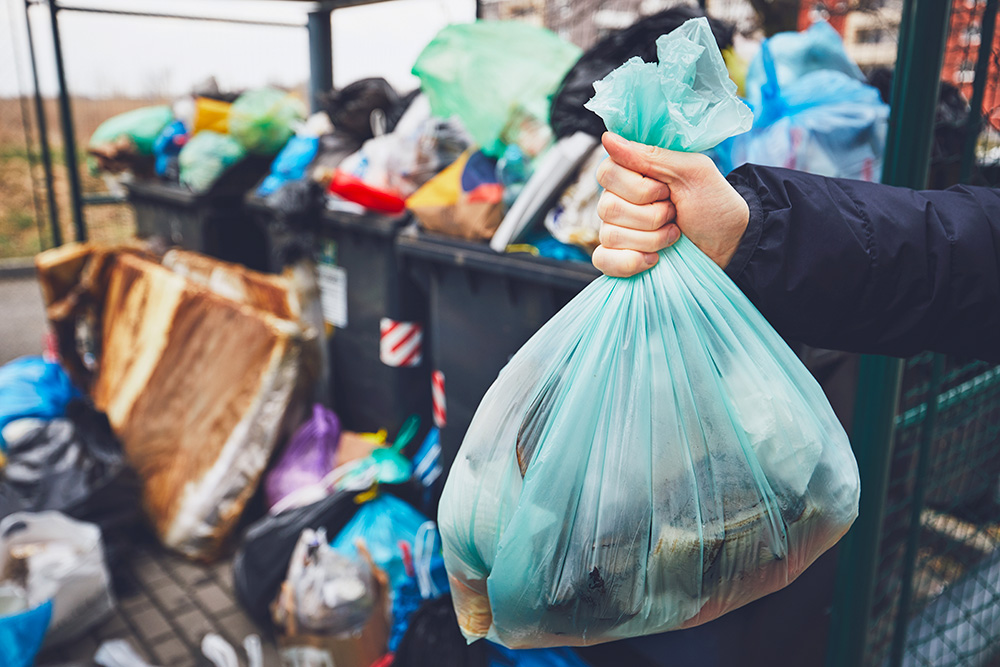
- Cost-Efficiency: Implementing RDF and SRF solutions can often be cost-effective for businesses in the long run. Reduced landfill disposal costs, potential revenue from recovered materials, and the generation of energy credits contribute to the overall economic viability of these waste-to-energy methods.
- Environmental Compliance: With increasing emphasis on environmental regulations and corporate social responsibility, businesses can demonstrate their commitment to sustainable practices by adopting RDF and SRF solutions. This not only aligns with regulatory requirements but also enhances the company’s reputation as an environmentally responsible entity.
- Energy Security: By contributing to the generation of heat and power through EfW facilities, businesses indirectly contribute to the country’s energy security. This aligns with the broader national goals of diversifying energy sources and reducing dependence on finite fossil fuels.
And Finally
RDF and SRF are instrumental in transforming the way businesses manage their waste in the UK, providing sustainable alternatives to traditional landfill disposal. These methods not only help in reducing the environmental impact of waste but also offer opportunities for businesses to participate in the circular economy. As the demand for renewable energy sources continues to rise, RDF and SRF play a crucial role in meeting these challenges, contributing to a greener and more sustainable future for both businesses and the environment. Through responsible waste management practices, businesses can not only meet regulatory requirements but also position themselves as leaders in environmental stewardship, fostering a more sustainable and resilient economy for the years to come.

